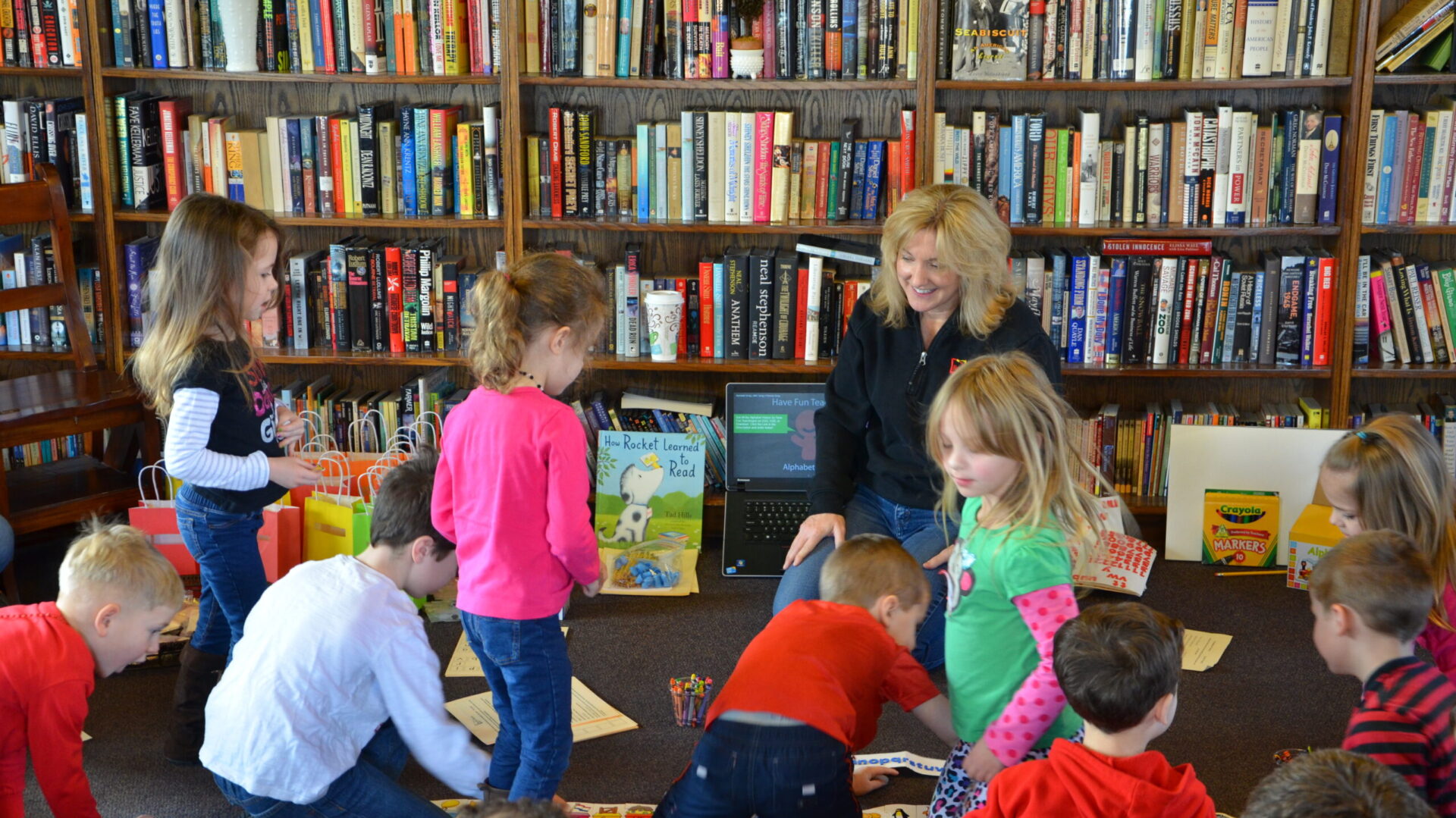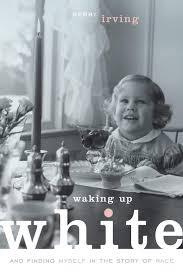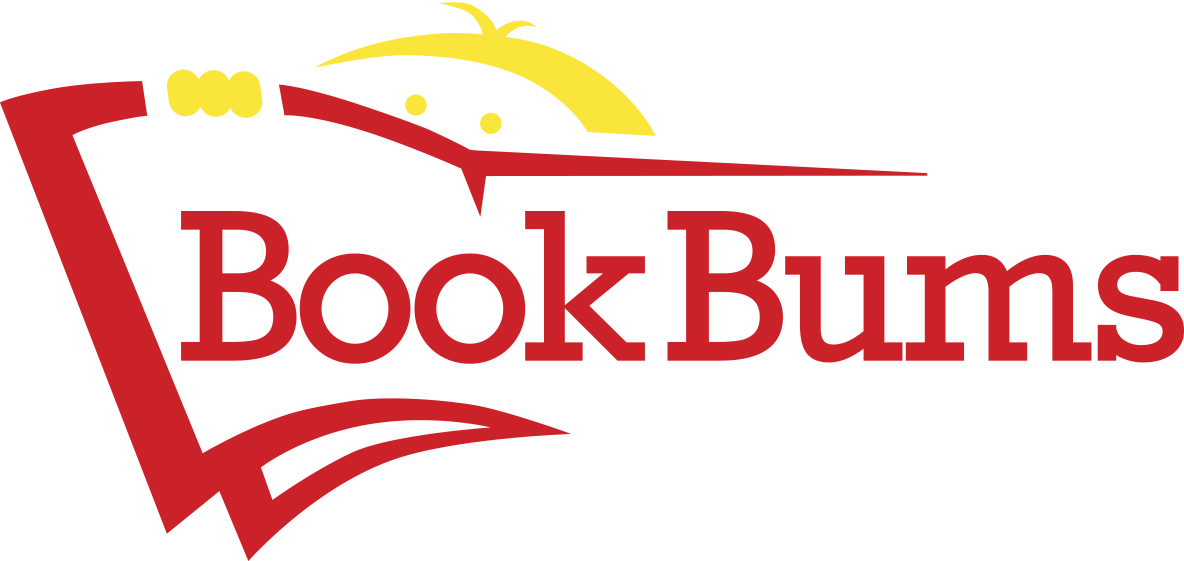
Hello Book Bums families!
April showers have definitely arrived in the Cincinnati area. We are already looking forward to the flowers they will bring us. This week in the newsletter we have a dandelion craft to celebrate spring as well as lots of information on handwriting and decoding language when reading with kids. Read to the end for information about Book Bums' summer service opportunities!
Bookbums.com is an Amazon Associate; We earn from qualifying purchases. This means that if you click on a link to Amazon.com and make a purchase, We may earn a small commission at no extra cost to you. We do recommend the products. Feel free to find them by other means.
Word of the Week
fidelity (fi-dell-ih-tee) noun/person, place, or thing - the state of being faithful
I prefer movie adaptations of favorite books when they show fidelity to the plot and characters I know.
Literary Calendar
• April 10 is Poem in your Pocket Day
• This poetry celebration began in New York in 2002, expanded to all fifty states by 2008, and was adopted by Canada in 2016.
• You can celebrate by sharing poetry with your family, sharing a favorite verse on social media, adding a line of poetry to your email footer, or adding art or doodles to the border of a favorite poem.
• Check out this link for more Poem in Your Pocket resources
Pause for Poetry
When in Doubt
by Sandra Cisneros
When in doubt,
Wear faux leopard.
When in doubt,
Err on the side of generosity.
When in doubt,
Greet everyone as you would the Buddha.
When in doubt,
Collect blessings from those who own nothing.
When in doubt,
Absorb biographies to avoid life’s major mistakes.
When in doubt,
Make life’s major mistakes.
When in doubt,
Pay attention to the vendor shouting ‘Diooooos,’
Even when you find out he was only shouting, ‘Gaaaaas.’
When in doubt,
Carry a handkerchief and a fan.
When in doubt,
Thank everyone. Twice.
When in doubt,
Heed the clouds.
When in doubt,
Sleep on it.
When in doubt,
Treat all sentient and insentient beings as kin.
When in doubt,
Forgive us our myopia
As we forgive those who are myopic against us.
When in doubt,
Unreel your grief to a tree.
When in doubt,
Remember this.
We are all on a
Caucus-race.
There is no start.
No finish.
Everyone wins.
From our Bookshelves
I purchased Waking Up White, and Finding Myself in the Story of Race, by Debby Irving, when a friend mentioned it in a social media post. The author, not so unlike me and most readers of this blog, is white and was born into privilege.
Having read Waking Up White, I’m coming to understand the idea of “unearned privileges.” Irving shares that in addition to material advantages, she, being white, benefited from “a whole host of intangible benefits” including optimism, confidence, and trust in American institutions—feelings many blacks don’t share. I hadn’t considered those as privileges, but I’ve come see that they indeed are.
I’ve shared that my sister and I were raised by a single mom. My parents divorced when I was three, and my mom, who’d dropped out of high school at the age of 17 to get married and have me, did all she could to make our family work. She was young and didn’t have much in the way of resources. And yet, we were rich in so many ways that I may fail to fully recognize.
The author offers a fresh perspective on bias, stereotypes, and tolerance with a sincere bent toward change, beginning with one white woman who opens herself to learning how to stop being that “good person with good intentions who remains an entitled white person.”
This book is an eye-opener to some inequities in our world and a gentle prod toward the removing of my blinders. For me, Waking Up White has been a persuasive call to action.
"Education is learning what you didn't even know you didn't know."
~Daniel J. Boorstin
Tips for Families

~From One Little Project on Facebook
Here’s a dandy lion craft for little ones that will be perfect when these sunshiny yellow weeds make their way into yards and parks everywhere!
If you have older kids, have them cut out some circle-shapes from cardboard and then use Sharpies to draw lion faces. They can then use a screwdriver to punch holes in the mane area into which little ones can insert dandelion flower stems. Finally, invite your older kids to spend time with some little ones gathering sweet, spring, sunshine flowers from untreated grassy areas in your neighborhood or at the park.
Did you know that you can safely eat dandelions from your yard? The whole plant— roots, leaves, and flowers are edible. You can add them to a salad, just for fun this spring, but be certain the plants have not been treated with any herbicides.
~From the Oklahoma Gardening Community on Facebook

FYI: The name dandelion comes from the French dent de lion, which translates to teeth of the lion.
Tips for Raising Readers and Writers
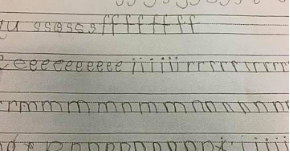
Your handwriting says a lot about you. It can be analyzed to see if it’s really yours or that of an imposter. If your handwriting is messy, you could be seen as a creative, free spirit or as a slob with no sense of pride. If your writing is tidy, you could be seen as taking pride in presenting polished work or as being excessively rigid. Your handwriting might even be observed to predict character traits such as your levels of optimism and trustworthiness! Crazy, right?
As a parent or teacher of younger kids, you may not think much about your children’s handwriting, but you should.
Often, by the time kids enter formal schooling, they have already formed habits using inefficient (and dare I say . . . messy) letter formations, and it can be difficult to break those habits.
Parents may notice messy handwriting and have their kids do their work again (because it’s so messy) or they may simply make a comment about the student’s poor workmanship.
Teachers might write, “Take your time,” or “Work neatly,” or “Do your best work,” on the tops of assignments, leaving kids who may or may not know exactly what that means feeling that their work wasn’t good enough, and in the end, no one is better for the effort.
But it doesn’t have to be that way!
You can help your kids to take pride in their work—whether you’re a parent or a teacher. You can teach your kids to break the bad habits that aren’t serving them!
The actual handwriting instruction is not difficult. It’s the breaking of poor habits that can be tricky; so if you begin teaching your kids proper letter formation early on, you’ll reap benefit over benefit.
Here are twelve reasons to teach your kids how to form their letters properly.
Twelve Reasons to Explicitly Teach Your Children Proper Letter Formations
1. Children who write neatly are seen as smarter than those who don’t. It’s not true, but people believe it’s true.
2. Kids are prouder of their work when it is pleasing to the eye.
3. When kids’ writing is not understood by their readers, those young writers can become frustrated and unable to see the point in putting forth the effort.
4. When in doubt about what a student is trying to say, teachers often mark written responses as wrong.
5. Kids should be equipped to put all their brainpower into conveying their ideas. When they are bogged down by inefficient handwriting skills (e.g., Is that a b or a d?), they are more inclined to produce poor, incomplete work.
6. Other conventions (e.g., punctuation, capitalization, spelling, etc.) are more readily adopted as working memory to focus on other tasks is freed up when letter formations are automatic.
7. Strong handwriting skills improve the quantity of work that can be done. While others become fatigued with the task of writing, kids equipped to fluently form the letters can persist for longer periods of time.
8. Teachers may promote less-effective techniques in the name of being age appropriate (e.g., circles and sticks to make a’s), but those techniques can lead to illegible handwriting when kids are in a hurry to get ideas onto a page, which is the most important part. (Is that an a or an o i?)
9. When kids learn to print the letters efficiently, transitioning into cursive writing is a relatively painless process.
10. Research indicates that, when kids manually write material, it’s processed and recalled by the brain more effectively and efficiently, but to use written notes, the writing must be legible.
11. Working on improving letter formations demonstrates to children that when they work hard, that hard work really pays off. It promotes a growth mindset.
12. If we don’t explicitly and effectively teach them the proper letter formations, kids must figure it out for themselves. It’s the process for forming the letters that’s most important, not what the letters look like.
Next week, you will be able to purchase our online handwriting workshop! We’ll share everything we use to equip our writers to use outstanding penmanship!
Here’s a link to our podcast about handwriting.
Practical Grammar
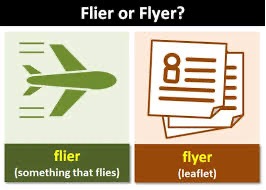
|
News from Book Bums
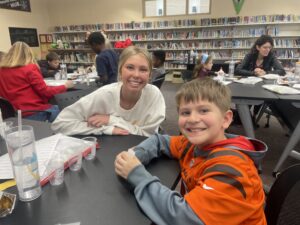
At Book Bums, we’re approaching the final week of The Faith Alliance after-school programming at Adena, Freedom, and Union Elementary Schools. We’ve had the privilege of equipping struggling readers to more skillfully navigate our code-based language.
When teachers from those buildings pass through our/their teaching spaces, I wonder what they think about what we’re doing with their students. Are they rolling their eyes not believing that our instruction for just over an hour, once a week, can make a difference for good? I’m not sure I’d have had much hope for an after-school program for kids who’ve been struggling to pass nationally normed assessments.
But it turns out that teachers ARE seeing a difference for good! Not often, but from time to time, a teacher will step in and remark how they are seeing improvements in their students, and they’re crediting much of that growth to what we’re doing. Additionally, our presence in the schools often leads to more Lakota teachers joining our Book Bums team because they want to be a part of what we do. Cool, huh?
Because these after-school programs are not organized as one-on-one tutoring situations, we greatly rely upon our outstanding volunteers to sit alongside students to encourage, coach, and confirm when they’re doing well. It’s our not-so-secret ingredient.
Because each of the summer programs will run Monday through Friday in three week stretches, I am a wee bit anxious about the volunteer situation. I used the Foundations for Literacy curriculum, exclusively, in my classroom and got 100% of my students to grade level benchmarks with only me—but I had much more time.
We want to make the most of our students’ time this summer, and we need your help.
I’d love for you to choose at least one day to serve alongside our staff. We’ll take you if you can come only on Mondays, if you can only come on T & Th one of the three weeks, or if you can attend every day for all three weeks!
No matter the availability, we’d love to have you join us! We eagerly welcome high school students, and I write strong letters of recommendation for jobs, colleges, etc.
Need an excuse to get up and at ‘em early in the morning this summer? Join us!
Want to get a bit of exercise in to start off your day? Join us!
Want to learn how to best support struggling readers? Join us!
Want to join some awesome adults who make our world a better place? Join us!
Want access to LOTS of free, fun-focused instructional materials? Join us!
Have a group that would like to have a positive impact in your community? Join us!
Please begin thinking about how you might help us serve struggling readers in our community!
The Book Bums Summer FUN program
will be held at
VanGorden Elementary School
Monday through Friday, June 2nd through June 20th
from 8:30-11:30 a.m.
and
Monday through Friday, July 7th through July 25th
from 8:30-11:30 a.m.
Email Dr. Christy at christy@bookbums.com to share when you’d like to volunteer
Tips for Teachers

This is a new graphic in the Science of Reading community, but the concept is not new to us at Book Bums. We’ve been employing set for variability for decades.
In each FFL lesson, when we present the sounds for letter combinations, we present the most common sounds first, then we encourage our students to “flip it” to another sound those letters could represent if we don’t recognize a word we know. Our students need to be “set for variability.” We must teach students to be flexible with their decoding. This isn’t guessing. It’s using what we know about how words work and then flipping to other possibilities within the confines of our phonics knowledge if the first attempt doesn’t make a word we know. For example, we’ll teach kids that o-o says /ew/ as in loops or /oo/ as in cookie. The first sound, /ew/, is the most common sound. That’s the sound students will try first when decoding words like, hoop, swoop, too, and took. When they decode took like this: /t/-/ew/-/k/ it won’t make a word they know. That’s when they’ll flip it to another sound we make for o-o. Oh, yeah. It says took.
At Book Bums, we say again and again that we don’t guess what words say. We may have to guess what words mean, but we decode words to figure out what they say.
To promote accurate reading, please be sure your kids are really looking at the words and are not looking to you for cues or clues. A tip that can be really helpful is that you keep your eyes on the words when they’re reading too. Don’t look up, or nod your head, or offer a big smile to encourage them along. Don’t give clues like, “This is your birthday month.” Try your best to keep quiet and to do nothing that would encourage your reader to take his or her eyes off the page.
We ask our students to “set up for good reading” by using a holding hand to hold the paper or page in place as their pointer finger slides under every word as they “make the sounds you see.” If your student gets stuck, keep looking at the word. Point to the letters with your finger above the word. Ask, “What sound do you make for this letter . . .”, and make your way across the word until the child decodes it accurately. If it’s a word you have not yet equipped them to decode, simply provide the word and say, “You’ll learn to decode this word soon!”
We acknowledge that we must be flexible with our decoding. Again, in the literature this is called set for variability, but we lean upon the code to learn what most every word says. It’s a No Guess Zone.
Just for Fun

A man was working in the produce section of a grocery store, carefully arranging the oranges in a display, when a woman approached and asked,
“Sir, where might I find the broccoli?”
The produce clerk, apologetic, said, “I’m sorry, ma’am. We’re out of broccoli. We’ll get some in early tomorrow morning.
A few minutes later, the same woman asked, “Sir, where is your broccoli?”
The clerk took a breath and repeated, “I’m sorry ma’am. We’re out of broccoli, but we have a truck coming in first thing in the morning, and we’ll have some then.”
Don’t you know, a few minutes later, the very same woman approached the clerk and asked, “Sir, do you have any broccoli?”
The clerk stepped back, gathered his wits and said, “Ma’am, how do you spell cat as in catastrophic?
The woman replied, “C-A-T.”
Next, he asked, “How do you spell dog as in dogma?”
The woman replied, “D-O-G.”
Finally, the clerk asked, “How do you spell freak as in broccoli?”
Exasperated the lady said, “There is no freak in broccoli!”
The clerk lifted his chin toward the ceiling and bellowed, “Lady, that’s what I’ve been trying to tell you!”
If you know someone who would benefit from our newsletter or tutoring at Book Bums, please share this email with them! Thank you.
Copyright © 2024 Book Bums, All rights reserved
Our mailing address is:
7967 Cincinnati-Dayton Road Suite L
West Chester, OH 45069

